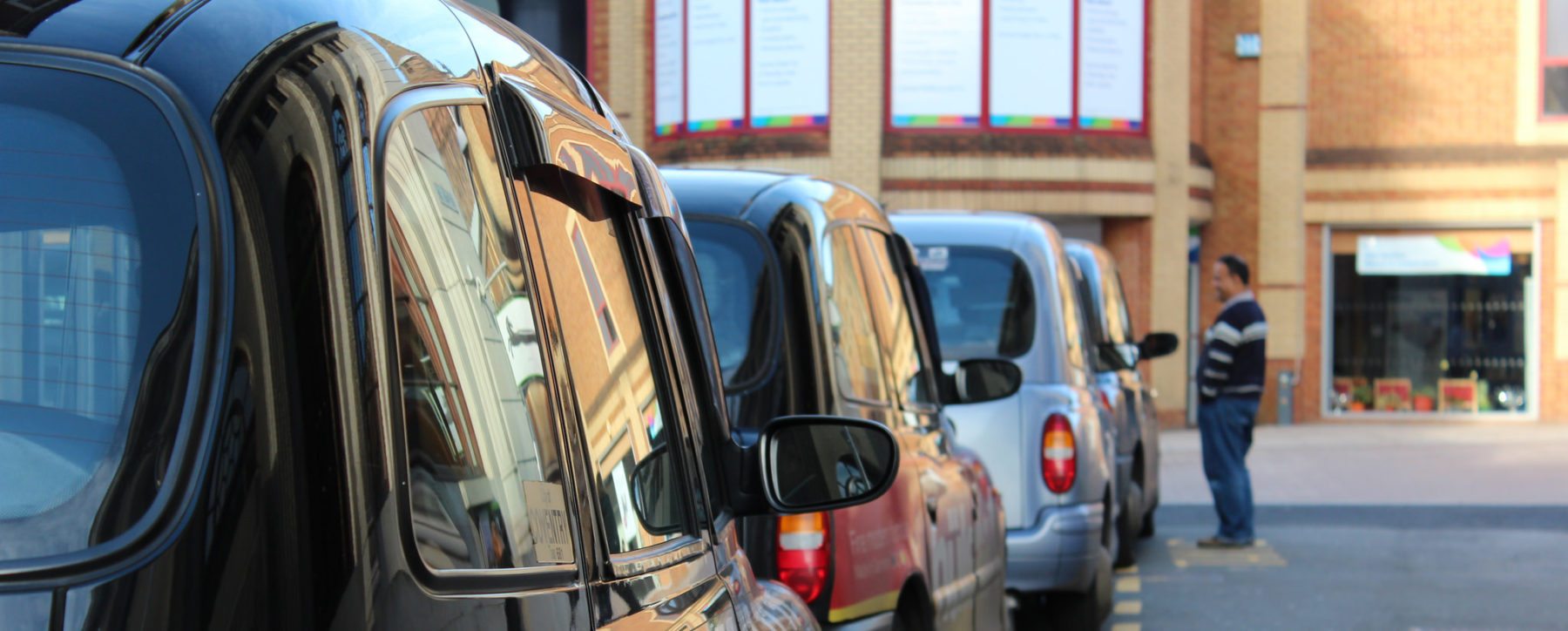SU uncovers and tackles widespread taxi malpractice
 Photo: CU Journalism / Flickr
Photo: CU Journalism / FlickrWarwick Students’ Union (SU) are working towards a record-and-report scheme that tackles the malpractice of taxi services after a study conducted by the SU revealed that such malpractice was widespread in local areas around campus.
The scheme will enable students to report incidences of malpractice by noting down the taxi driver’s license number and vehicle number. The complaints will then be forwarded to the local councils for a review.
The SU has revealed that they will be launching their scheme during Week 3 of the first term – week starting October 12.
The campaign is also working towards putting together a document to tender for a preferred private hire service on campus.
Rob Ankcorn, SU democracy and development officer and leader of the campaign, further advised students to always record and report incidences of malpractice and said: “know your rights, know it’s illegal”.
The SU began their campaign as a result of hearing of various incidences of taxi malpractice. One particular case was when a female student recounted their case to the SU in tears.
The survey found that 59 percent of students had been refused taxi journeys by drivers – which is an illegal practice. 51 percent of students experienced refusals in Leamington and 38 percent in Coventry.
In Leamington, it is common that students have to walk home in the early hours of the morning because taxis have refused to take them.
In Coventry, young people were also refused taxi rides from campus, the presumption being that the distances were considered too short for drivers who wanted to wait for customers looking for longer journeys.
Of the reasons given for refusing a journey, 56 percent was because the distance was too short and 15 percent was because the students were considered too drunk.
The SU has since been concerned that such malpractices are putting young people, especially women, at risk. There were two reported accounts where female students were chased or followed by men after being refused a short distance ride or a drive to their front door.
The treatment of students by taxi drivers also came across as a concern.
A student noted that “a taxi drove past and shouted ‘sluts!’ to us, it was quite frightening, the same thing happened about a month later.”
Another recalled that they had been locked in a taxi several times due to disputes over fares: “Drivers have threatened to take me to a police station… but then would not do this when I actually agreed to go to police, instead holding me locked in their car saying they ‘could wait all night’.”
“Drivers have threatened to take me to a police station… but then would not do this when I actually agreed to go to police, instead holding me locked in their car…”
Other findings suggested that taxis would refuse rides for disabled students.
One account stated: “When I’m with my friend who is in a wheelchair, the amount of taxis that have refused her is disgusting. They’ve made her cry because she thinks she’s ruined our night…
“It’s also sad that we are so happy and grateful that someone takes us to Canley or takes our friend in a wheelchair, when really that is their job.”
Mr Ankcorn suggested that this may have been because many drivers are not bothered to deal with the legal protocols in the treatment of disabled people. He also suggested that that some disabled students often require short rides to get from one end of campus to the other.
The study looked at 492 responses and was conducted towards the end of August.
Comments (1)